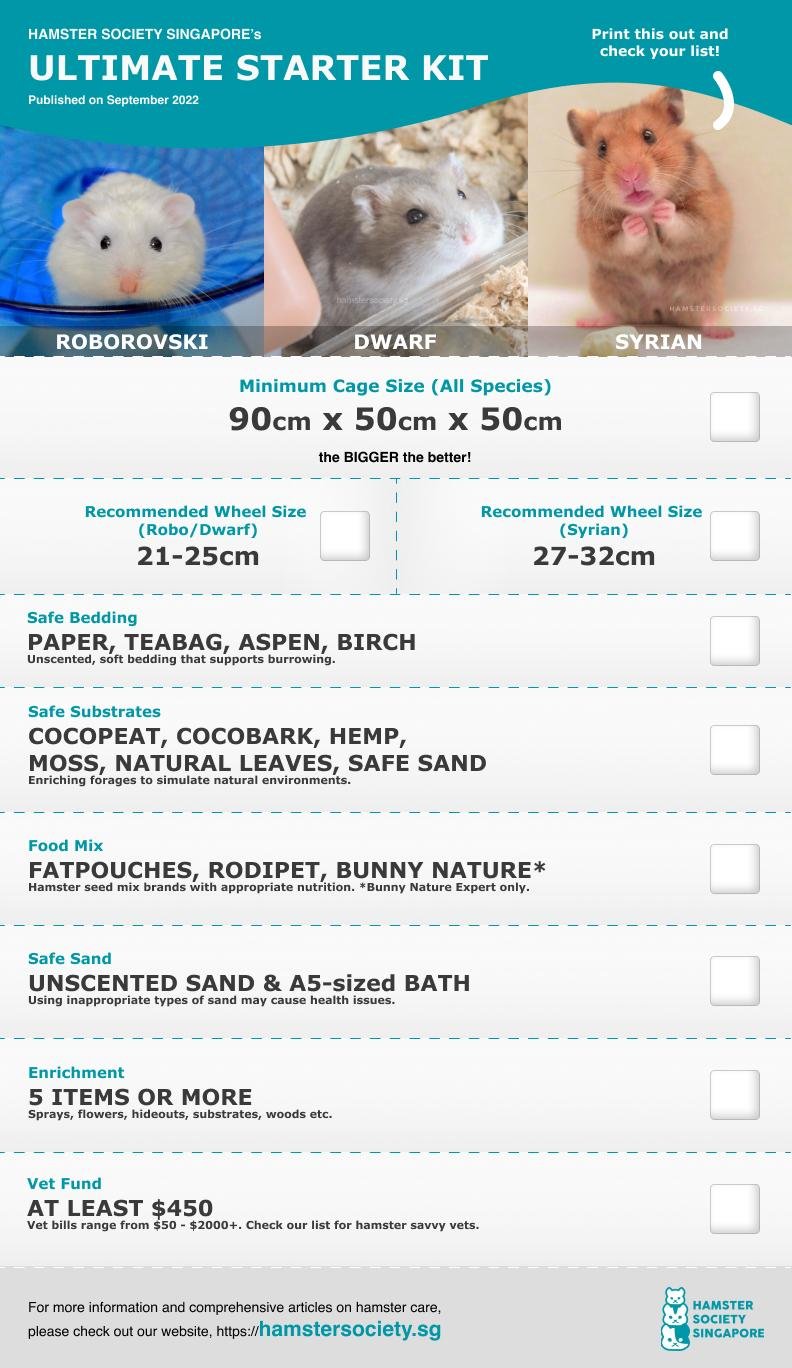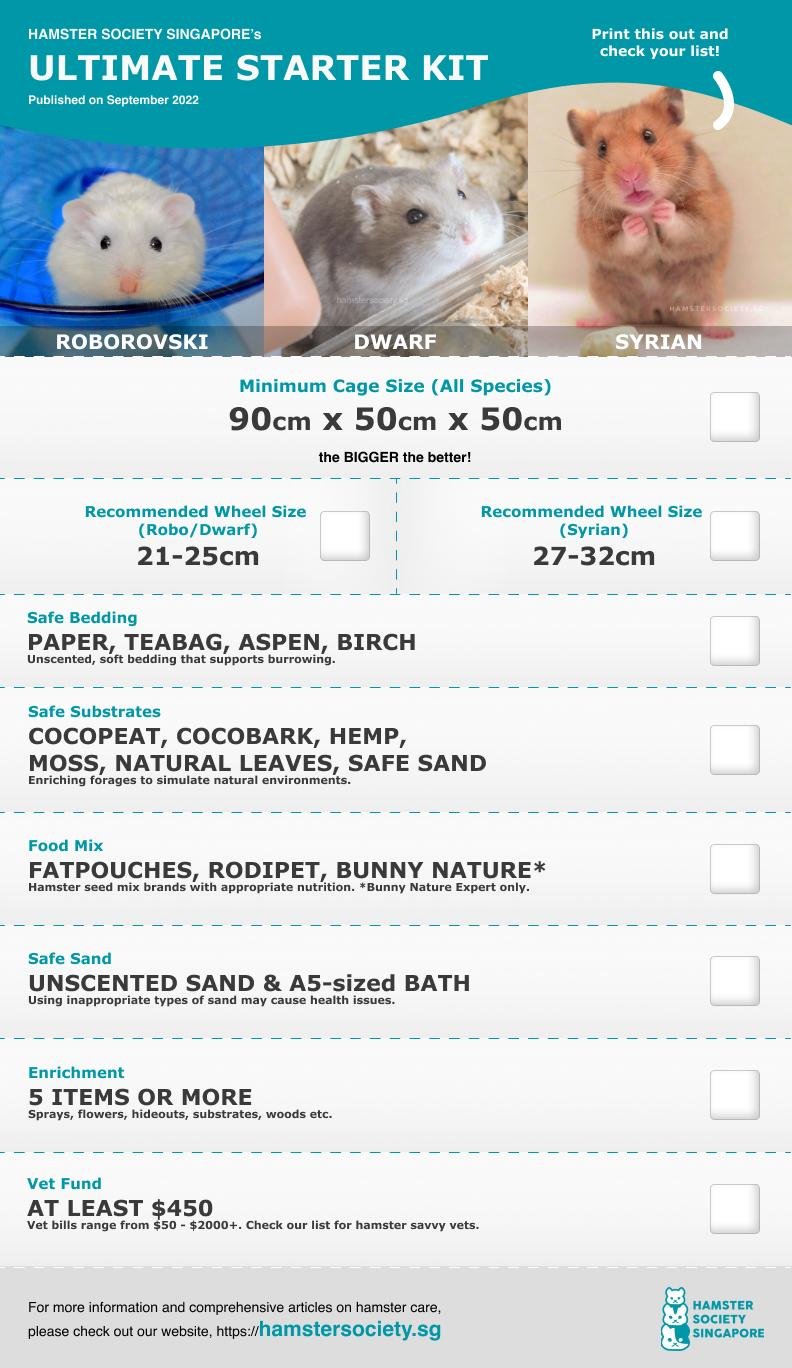Best Hamster Types for Single Owners
Choosing the right pet can significantly enhance your lifestyle, especially for single owners looking for companionship without too much commitment. Hamsters are popular small pets known for their adorable appearances and relatively easy care. In this article, we’ll explore the best types of hamsters that suit single owners, focusing on their characteristics, care requirements, and personalities to help you make an informed decision.
Understanding Different Hamster Breeds
Hamsters come in various breeds, each with unique traits that affect their suitability for single owners. Choosing the right breed involves understanding its temperament, activity levels, and care needs. There are five primary types of hamsters primarily kept as pets: Syrian, Roborovski, Campbell’s Dwarf, Winter White Dwarf, and Chinese Hamsters. These varieties cater to different lifestyles, particularly for individuals looking for a pet that can fit into their routines seamlessly.
Syrian Hamsters
Syrian hamsters are perhaps the most popular type among pet owners. They are solitary creatures, which makes them perfect candidates for single individuals. Known for their friendly disposition, **Syrian hamsters** are generally easy to handle and enjoy human interaction. These hamsters can grow up to 6–8 inches in length and come in various colors and fur textures. If you are looking for a **companion hamster** that prefers to be alone while offering cuddly moments, the Syrian hamster might be your best bet.

Roborovski Hamsters
Roborovski hamsters are smaller than Syrians, typically growing to about 2–4 inches. They are known for their lively personalities and quick movements. While they are more skittish and less prone to being cuddly than their larger counterparts, they are great pets for someone who enjoys observing active animals. **Roborovski hamsters** can thrive in bored environments, occupying themselves with play rather than requiring direct human interaction continuously. This makes them suitable for single owners who may not have constant time for hands-on care.
Considerations for Care
Each hamster type has specific care requirements that single owners should consider. From habitat needs to dietary preferences, understanding these factors can drastically improve your hamster’s quality of life and your experience as a pet owner. Below, we look into community habits, dietary needs, and habitat set-up to ensure you choose the right type of hamster.
Habitat Setup
No matter the breed, your hamster will require a safe and enriching habitat to thrive. Syrian hamsters need spacious cages with multiple levels and accessories, while Roborowski hamsters can be housed in smaller cages but will appreciate running wheels and tunnels to keep them busy. It’s essential to provide bedding that allows them to burrow, as well as food and water bottles readily accessible. Depending on the hamster type, the aesthetics of the cage may vary significantly; ensure you are set to accommodate your pet’s needs!
Dietary Needs
Feeding your hamster the proper diet is crucial. A mix of pelleted food, fresh fruits, and vegetables will suit most breeds. While **Syrian hamsters** might enjoy a moderate treat regime, **Roborovski** hamsters will thrive with less frequent treats due to their active and playful nature. Always ensure access to clean water; it’s a vital part of hamster care that’s often overlooked. Also, avoid foods high in sugars and ensure that fresh produce is offered in moderation to prevent health issues.
Recommended Hamster Types for Different Owners
Your lifestyle should determine the best type of hamster for your particular needs, especially as a single owner. Active owners may prefer a hamster that enjoys playtime and interaction, while those who want a quieter experience in watching their pet play might choose differently.
For the Active Owner: Syrian Hamsters
If you’re someone who loves to engage with your pet and can dedicate time for play and interaction, **Syrian hamsters** are remarkable companions. They are known to bond well with their owners when socialized early. These hamsters thrive in spacious cages, so be prepared to provide a roomy habitat that can accommodate their exploratory nature.
For the Passive Observer: Roborovski Hamsters
If you prefer a pet that requires less frequent interaction, the **Roborovski hamster** may be perfect for you. Their playful antics are delightful to watch and can keep a single owner entertained with much less direct care. Their active midnight runs in their wheels and tunnels can be highly entertaining and engaging for anyone looking to enjoy the fluffy personalities of hamsters without overwhelming maintenance needs.
Key Takeaways
- Syrian hamsters are popular for their friendly nature and suitable for active interaction.
- Roborovski hamsters prefer to be more independent and are great for passive companionship.
- Proper habitat setup is vital for both types to thrive.
- Feeding your hamster a well-balanced diet contributes to overall health.
- Every hamster type offers unique personality traits suitable for various owner lifestyles.
FAQ
1. What is the lifespan of Syrian hamsters?
Syrian hamsters typically live anywhere from 2 to 3 years, but with proper care, some can live even longer. It’s essential to provide a healthy diet and appropriate living conditions to ensure they achieve their maximum lifespan.
2. Are Roborovski hamsters suitable for children?
Roborovski hamsters can make great pets for older children who understand gentle handling, but they may not be suitable for younger children due to their active and skittish nature. Supervision is advisable during child-handling sessions to prevent stress for the pet.
3. How often should I clean my hamster’s cage?
You should clean your hamster’s cage at least once a week to maintain cleanliness and prevent odor. Spot cleaning daily can also help in managing waste and keeping the environment welcoming for your pet.
4. Can hamsters be litter trained?
Yes, hamsters can be litter trained! Placing a small litter box in one corner of the cage with appropriate bedding can encourage them to use it, making cleaning much easier for you.
5. Do hamsters need to socialize daily?
While hamsters can bond with their owners, how much socialization they need depends on their type and individual temperament. Syrian hamsters enjoy daily interaction, whereas Roborovski hamsters may be content with less frequent handling but still need daily attention to ensure they stay happy and healthy.
